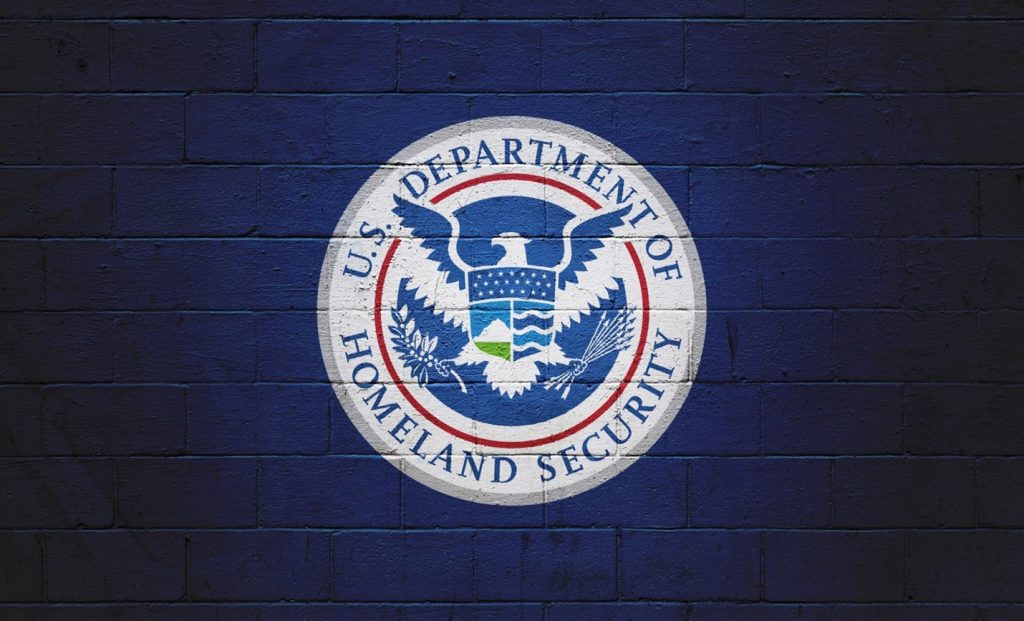Washington, D.C., April 4, 2025: What happens when your successful litigation strategy meets an immovable object? Invest in the USA (“IIUSA”), the EB-5 regional center industry advocacy group, is in the process of finding out precisely that.
IIUSA filed a lawsuit against the Department of Homeland Security in March 2024 (INVEST IN THE USA v. UNITED STATES DEPARTMENT OF HOMELAND SECURITY et al (DC Federal District Court, 1:24-cv-00918)) alleging that USCIS’s October 2023 sustainment policy was void because it constituted rule-making, and was not adopted pursuant to controlling rule-making procedures (namely, according to the Administrative Procedures Act).
The plaintiff IIUSA received a promising boost in January 2025, when the presiding Judge gave instructions for the parties to reach settlement, because DHS’s position was fundamentally weak (…it is).
That recommendation turned into two settlement conferences among the parties over the last two months. Unsurprisingly, the DHS and USCIS are intransigent. Admittedly, no government agency likes to be told their wrong. That, however, is not the issue.
The real problem is that IIUSA’s lawsuit seeks not only to void the October 2023 sustainment policy, but also cause USCIS to either (a) acknowledge a new policy formalizing a sustainment period of more than the 2 years set by the Reform and Integrity Act, or (b) for USCIS to engage in valid rule-making in conformity with the Administrative Procedures Act in the immediate near term.
The DHS, for its part, is running out the clock. The status reports from the settlement talks show that USCIS is grinding out the negotiations – without committing to do anything. Why? Well, the reasons are two-fold. First, if IIUSA succeeds in voiding the October 2023 sustainment guidance, then USCIS reverts back to the literal text of the Reform and Integrity Act – which unequivocally states that the minimum sustainment period is 2 years (not more). Second, the EB-5 Regional Center Program is scheduled to end on September 30, 2027, and only visa petitions filed before September 30, 2026 will be grandfathered to proceed after its expiry. By delaying rule-making, USCIS is making it impossible for IIUSA to obtain any leverage to push USCIS to change the sustainment period.
IIUSA’s strategy is encountering the challenge that its ultimate goal – to cause USCIS to adopt a longer sustainment period – may be beyond the scope of its lawsuit. Thus, even though IIUSA’s lawsuit is proving successful at voiding the October 2023 sustainment policy, it is not moving the immovable object that is USCIS rule-making.
